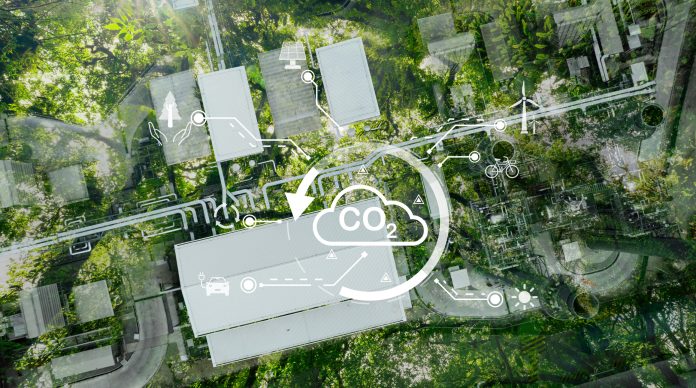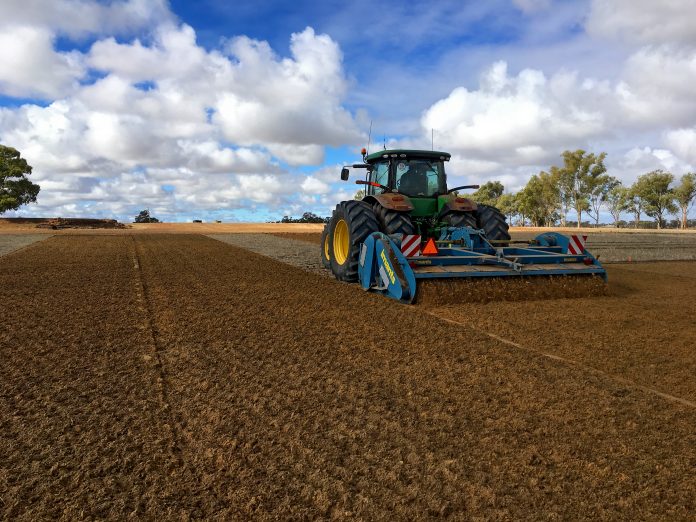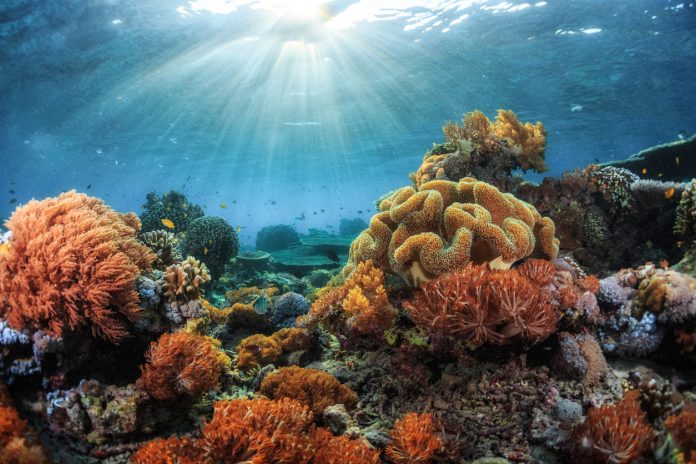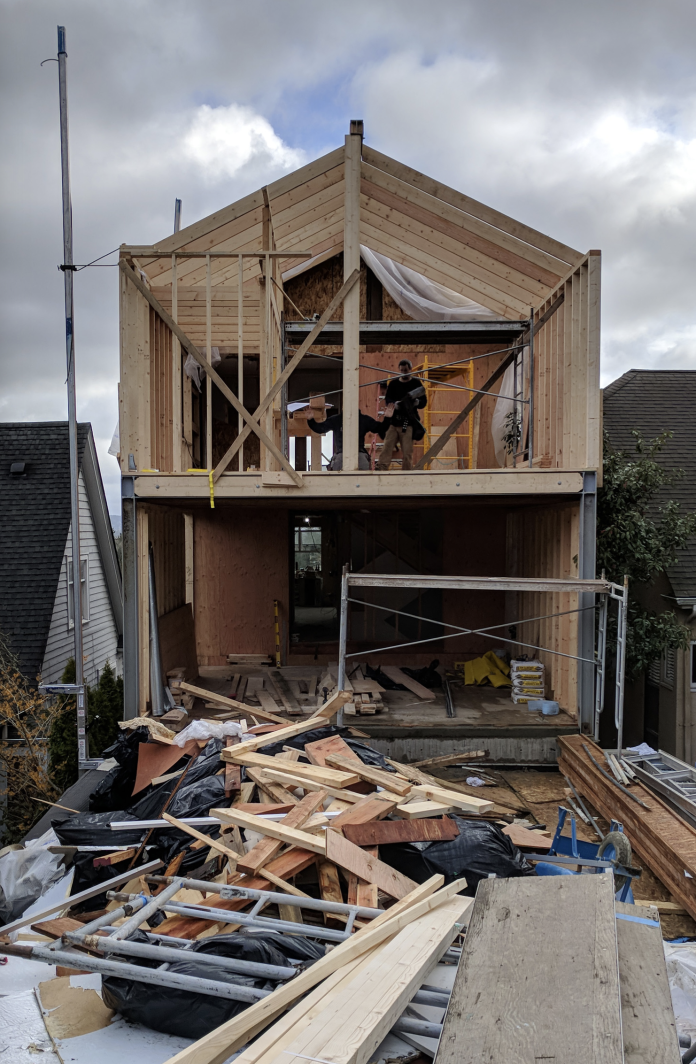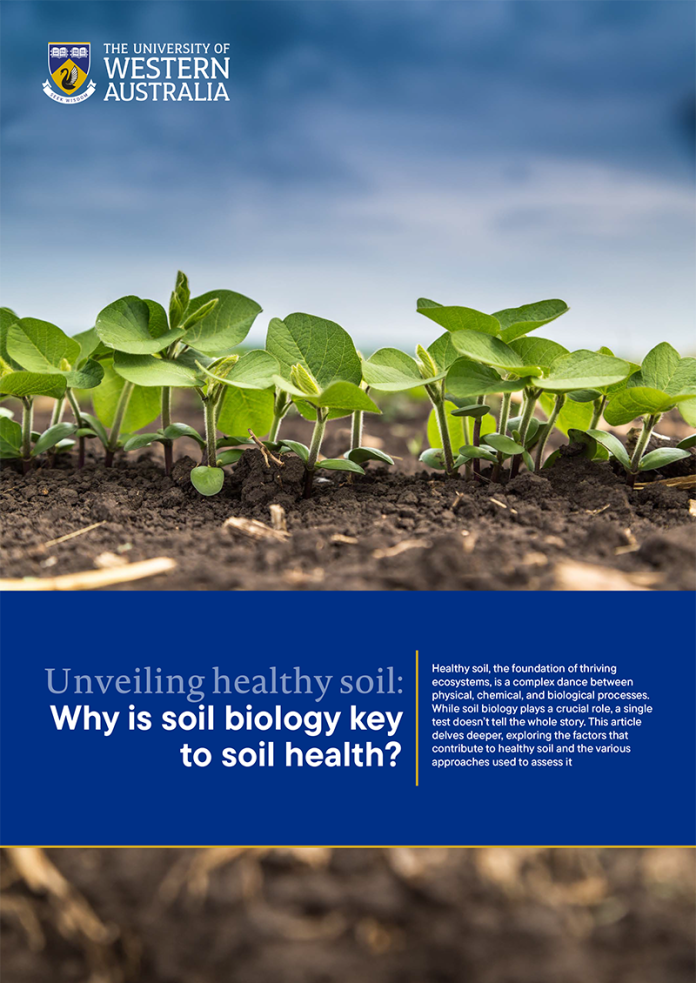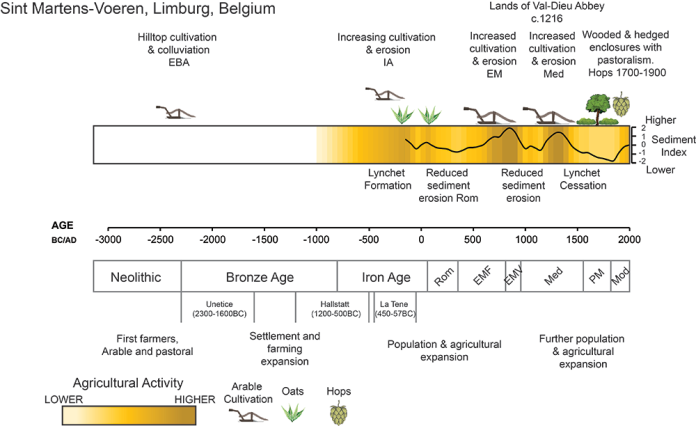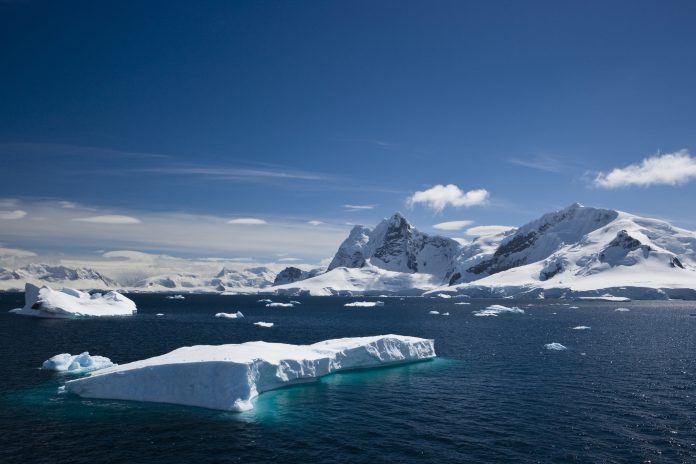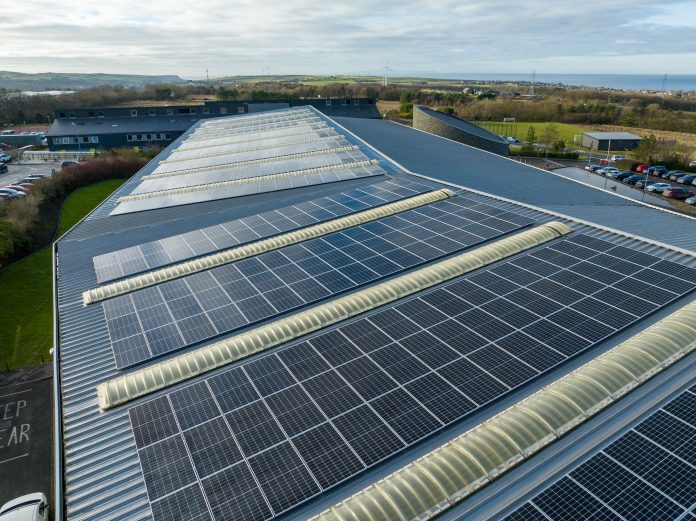Open Access Government produces compelling and informative news, publications, eBooks, and academic research articles for the public and private sector looking at health, diseases & conditions, workplace, research & innovation, digital transformation, government policy, environment, agriculture, energy, transport and more.
Home Search
earth systems - search results
If you're not happy with the results, please do another search
Space exploration with NASA: Where will space research take us in 2025?
2024 was a year of remarkable achievements for NASA, marked by groundbreaking missions, scientific discoveries, technological advancements and continued space exploration. As we prepare for 2025, the agency continues to push the boundaries of human exploration and knowledge.
Solving the carbon storage gap with ocean-based enhanced weathering reactor technologies
Martin Van Den Berghe, CEO of Cytochrome, explains how to solve the carbon storage gap with ocean-based Enhanced Rock Weathering reactor technologies.
Widespread soil management strategies adopted for higher profits and resilience
Dr Stephen Davies and Chris Gazey from the Department of Primary Industries and Regional Development, Government of Western Australia, explain how grain growers achieve higher profits and resilience through the widespread adoption of soil management strategies.
The world’s largest coral reef has a message for us
According to Dr Susan Gardner, Director of the Ecosystems Division at the United Nations Environment Programme (UNEP), the world’s largest coral reef has an important message for us and we should pay attention.
Revolutionizing business with sustainable strategic management
Discover how Sustainable Strategic Management empowers businesses to lead humanity’s transformation before Earth regulates our species into extinction
In an era of unprecedented global challenges, one powerful force stands uniquely positioned to reshape our future: business. However, traditional strategic management, focused narrowly on competitive advantage within industry boundaries, has led...
How autonomous USVs could transform border security
As border threats grow more complex, coastal authorities must protect national borders, but how do AI-powered vessels rise to the challenge? Matthew Ratsey of Zero USV explains.
The UK’s £239 million commitment to protecting forest-rich nations
The UK Government revealed at the COP29 summit that they will be contributing £239 million in a bid to try and help forest-rich nations such as Colombia and Indonesia.
Aleksandra Tymczak – University of Alberta
Aleksandra Tymczak has a PhD in Urban and Regional Planning from the Department of Earth and Atmospheric Sciences at the University of Alberta
Her research focus is on the agricultural system in Alberta with a particular interest in the local honey and berry industries.
During Aleksandra Tymczak’s undergraduate program (BSc in...
Sustainable fashion: A turning point for textiles
Chloe Skidmore, Technical Assistant at intellectual property law firm Reddie & Grose, shares her expertise on decarbonising the textiles industry and creating sustainable fashion.
Satellite data key to tackling climate change, CEOS highlights at COP29
At the ongoing COP29 summit in Baku, Azerbaijan, the UK Space Agency, in its role as Chair of the Committee on Earth Observation Satellites (CEOS), delivered an important statement showing the importance of satellite data in monitoring and addressing climate change.
Cornwall: A hub for research, innovation and sustainability
Cornwall is emerging as a global centre for innovation and sustainability. The county is at the forefront of addressing critical global challenges, from climate change and human health to securing a sustainable supply of critical minerals.
On the origin of consciousness
Dr Peter Verheyen from the Sola Society & Academy at Vienna University examines the origin of consciousness and various ways in which information serves as the fundamental building block of the universe.
Modern architecture: A house deconstructed
Mark Jarzombek and Vikramaditya Prakash, Co-Founders of the Office of (Un)Certainty Research (a collaboration dedicated to rethinking modern architecture), take us on a journey of a deconstructed house.
Unveiling healthy soil: Why is soil biology key to soil health?
Healthy soil, the foundation of thriving ecosystems, is a complex dance between physical, chemical, and biological processes. While soil biology plays a crucial role, a single test doesn’t tell the whole story. This article delves deeper, exploring the factors that contribute to healthy soil and the various approaches used to assess it.
AI to create personalised health responses to air pollution
Professor Fan Chung, Professor Christopher Pain and Claire Dilliway from Imperial College London, walk us through the exciting use of artificial intelligence to create personalised health responses to air pollution and invite you to get involved.
Protoplanetary disks: New insights from the James Webb Telescope
Using NASA's James Webb Space Telescope (JWST), astronomers have uncovered details about the processes shaping protoplanetary disks, the cosmic nurseries where planets are born.
Agricultural terraces in Europe: Geoarchaeological and botanical methods
Tony Brown, Dan Fallu, Sara Cucchiaro, Ben Pears, and the TerrACE Team, highlight agricultural terraces in Europe, providing geoarchaeological and botanical insights.
The antarctic peninsula greening at rapid rate due to climate change
The Antarctic Peninsula is experiencing an extreme transformation as vegetation cover has multiplied over the past four decades.
Can solar PV pave the way to net zero?
Energy Secretary Ed Milliband has relaunched the Solar Taskforce with ambitions for a solar rooftop revolution; James Cunningham, Managing Director at Geo Green Power, explains what this could look like for organisations.
Electric-field nanobubbles: A step change in nanobubble engineering, and its “coming of age”
Niall J. English, from Chemical Engineering at University College Dublin, discusses how electric-field nanobubbles have displaced their mechanically-generated counterparts in performance and sustainability.


